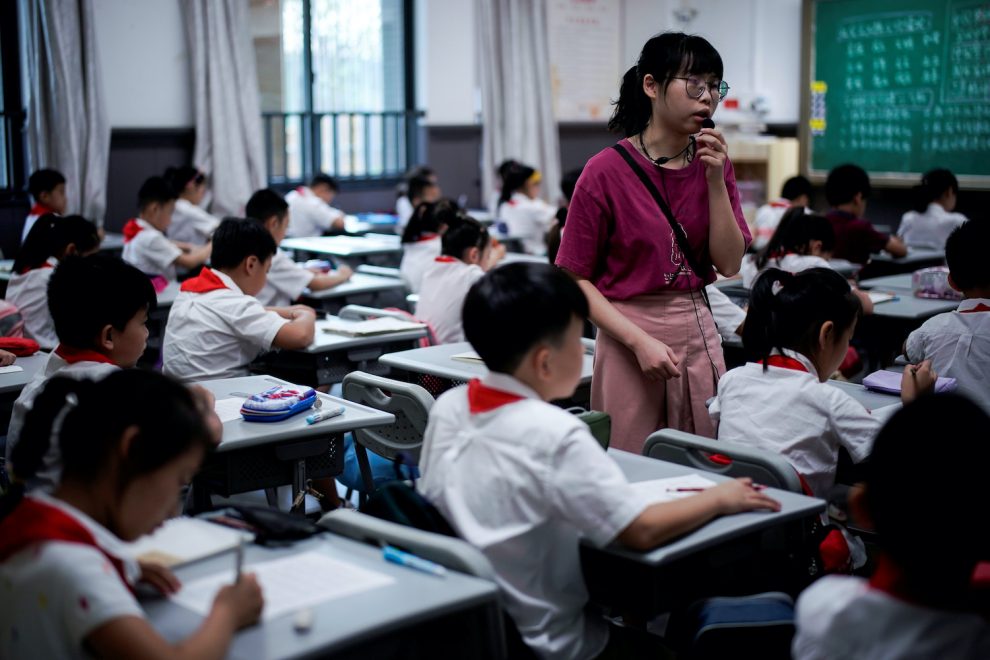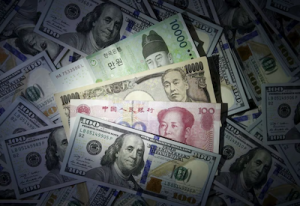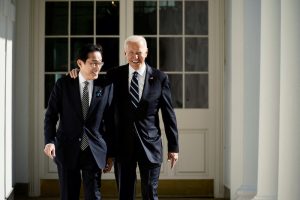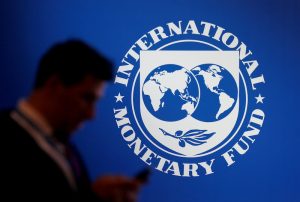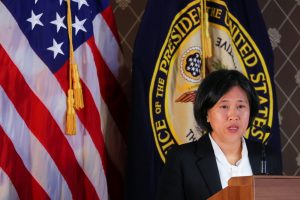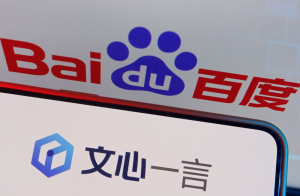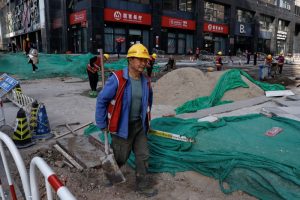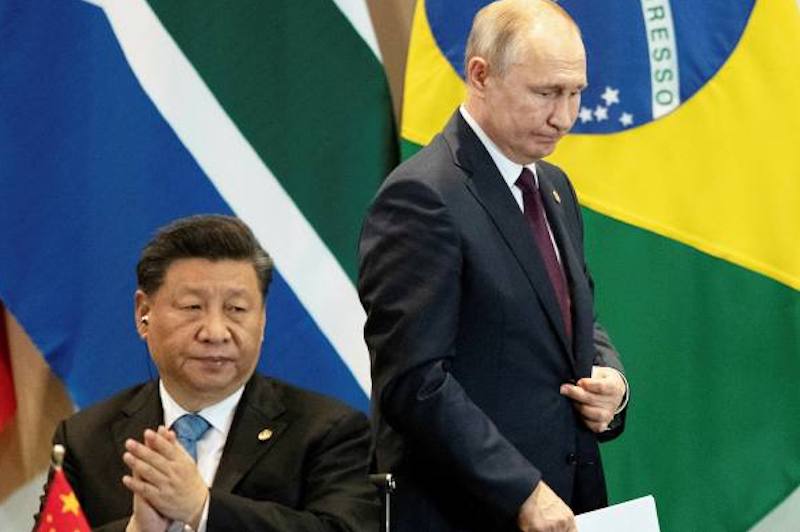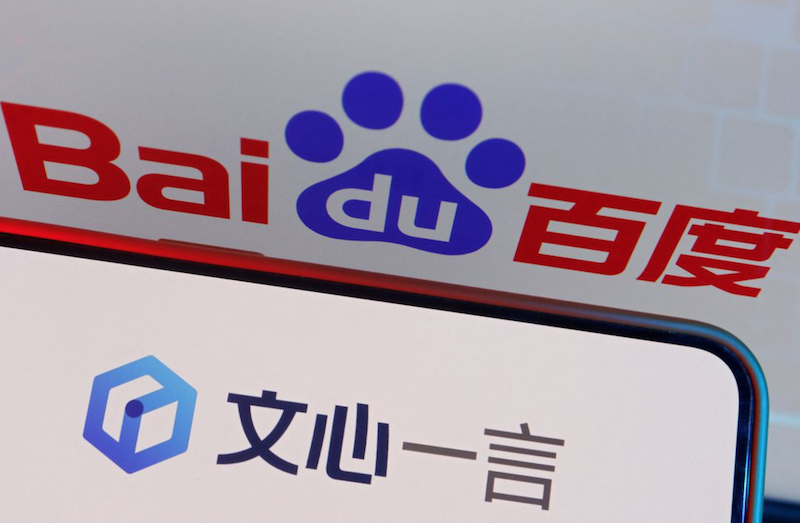Beijing wants greater discipline from the online tutoring sector, which saw a boom last year when the pandemic led to 300 million youngsters studying online. But President Xi says teachers must teach basic studies in schools to reduce homework and after-school studies
(AF) China’s education ministry has set up a new unit to oversee after-school tutoring, in part of a national clampdown on the private tutoring sector. Meanwhile, the stock prices of leading firms in the sector have plummeted over 50% in the last four months.
As Beijing takes steps to improve in-school education quality, analysts expect companies that provide efficiency-boosting solutions such as artificial intelligence (AI) to the schools to benefit from the policy shift.
The education ministry’s new unit will set up rules to regulate online and in-person after-school tutoring for kindergarten, primary school and high school (equivalent to “K-12”) students, organize rectification activities and guide law enforcement over the sector, a circular dated June 9 but posted to the education ministry’s website on Tuesday said.
Beijing has been trying for years to tighten the grip over the private-tutoring sector, but with limited results because of an unclear division of regulatory responsibilities.
Take the licensing of private tutoring firms, for example, it was unclear whether it should fall under the market regulation administration or the education ministry, Xiong Bingqi, the president of 21st Century Education Research Institute, said.
The pandemic that hit China last year pushed 300 million young Chinese to study online, and flourishing tutoring start-ups attracted investment that was larger than the total amount from the preceding decade.
So, Beijing is now determined to bring in more discipline to the sector.
Cart before the horse: Xi
“Schools shouldn’t give the after-school time of their students entirely to private firms. School teachers should be responsible for the students’ basic studies. It is like putting the cart before the horse if students learn from the after-school tutoring firms what they should have learned in school,” Chinese President Xi Jinping said in a visit to western China’s Qinghai province earlier this month.
The new unit will determine the standards and frameworks for organization qualifications, course content, course timing, instructor qualifications and fees. It will also oversee privately-hosted contests that target K-12 students, the circular said.
With the establishment of the new unit, the private tutoring firms will likely receive clearer guidance about their business directions, which is positive for the industry, Yu Jinyong, managing partner of a venture capital firm in Beijing, said.
Stock prices of private tutoring firms dropped at the news on Tuesday. Netease’s Youdao dropped as much as 6%. TAL Education Group dipped 3.25% and Gaotu Group decreased 3.1%. All three are listed in the US.
Pressure from the government clampdown has sent these companies’ stocks to plummet since mid-February. TAL Group’s market capitalisation has decreased by 66.5% while Gaotu Group is now only worth 15% of its value four months ago.
Since March, China has framed tough new rules for the private tutoring sector, aiming both to ease pressure on school children and boost the country’s birth rate by lowering family living costs.
Online tutoring ads banned
Advertisements for online tutoring services have been banned on national TV networks such as CCTV, and fines totaling 36.5 million yuan ($5.7 million) for false advertising violations have been slapped on 15 private tutoring firms, including Baidu’s spinoff company Zuoyebang, Tencent-backed Yuanfudao, TAL Education Group, and language learning group Wall Street English, which has its headquarters in Spain.
In May, Beijing released a “double reduction” policy, which refers to the reduction of school homework and the reduction of after-school tutoring.
The new rules seek to limit fees charged by companies for tutoring, and advise public schools to provide free after-school day-care services on working days. In order to ensure enough sleep for the students, private tutoring firms are prohibited from offering classes after 9pm.
It is likely that public schools will procure some courses from the private tutoring firms to complement their curriculum, and that the new education ministry unit will provide guidelines for such practices, Yu said.
Meanwhile, analysts from Essence Securities expect companies that provide efficiency-boosting and educational inclusion solutions such as AI to the schools to benefit from the policy shift. The brokerage recommends voice recognition solution provider iFly Tek and video surveillance solution providers Hangzhou Hikvision Digital Technology and Zhejiang Dahua Technology. All three companies are listed in Shenzhen.
ALSO SEE:
A wave of lay-offs is set to test China’s private tutoring industry




